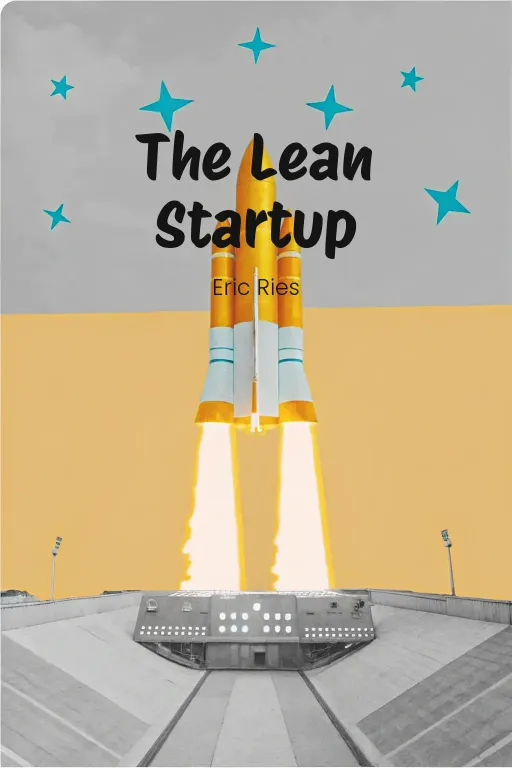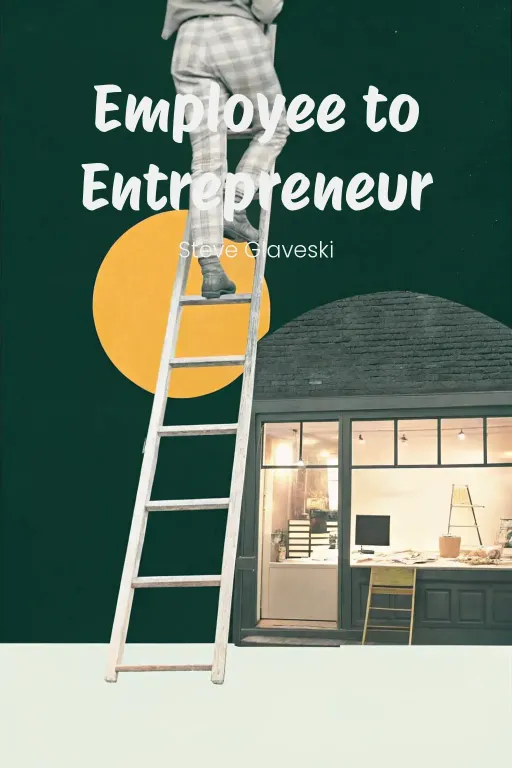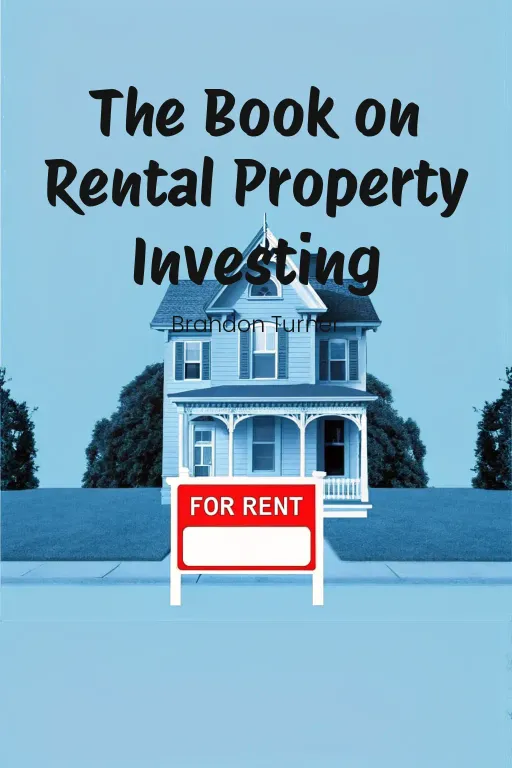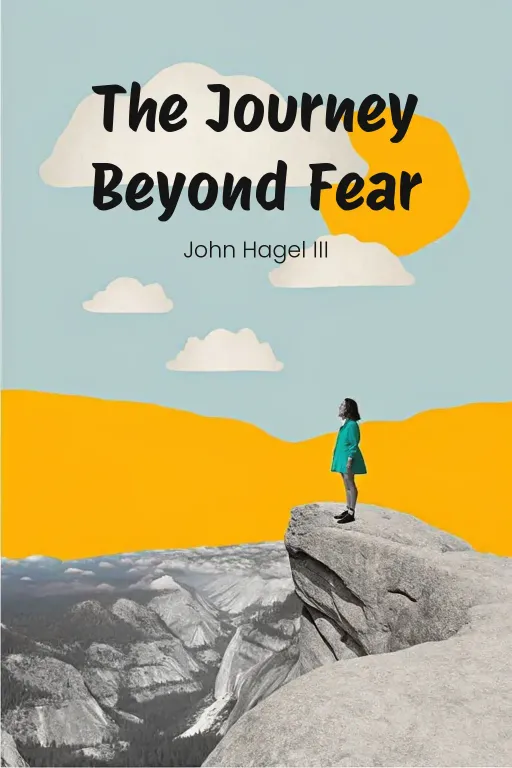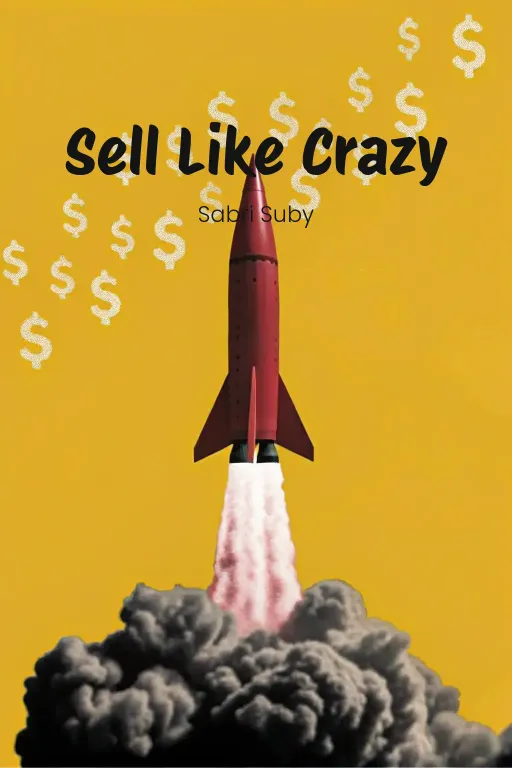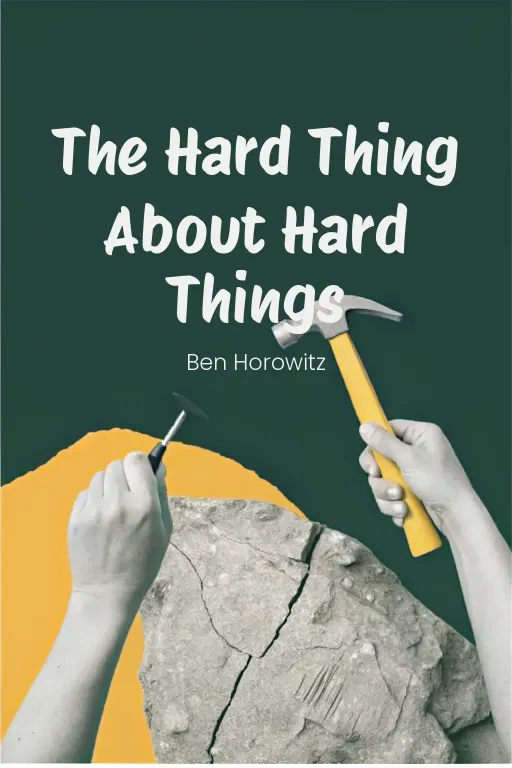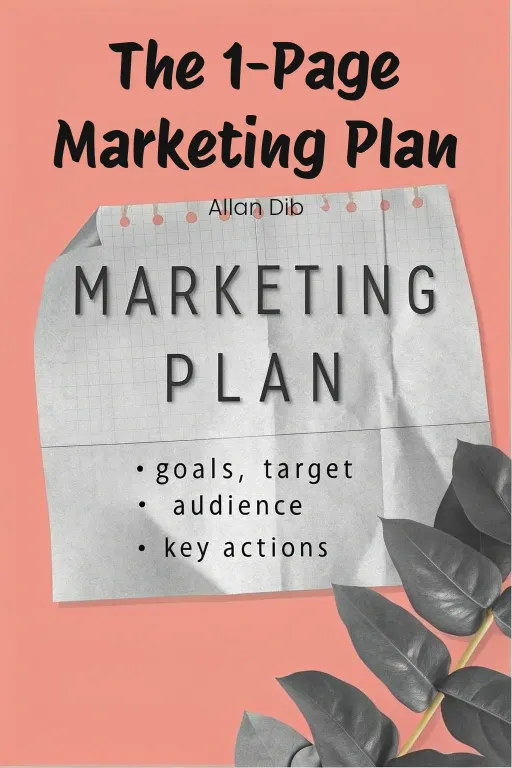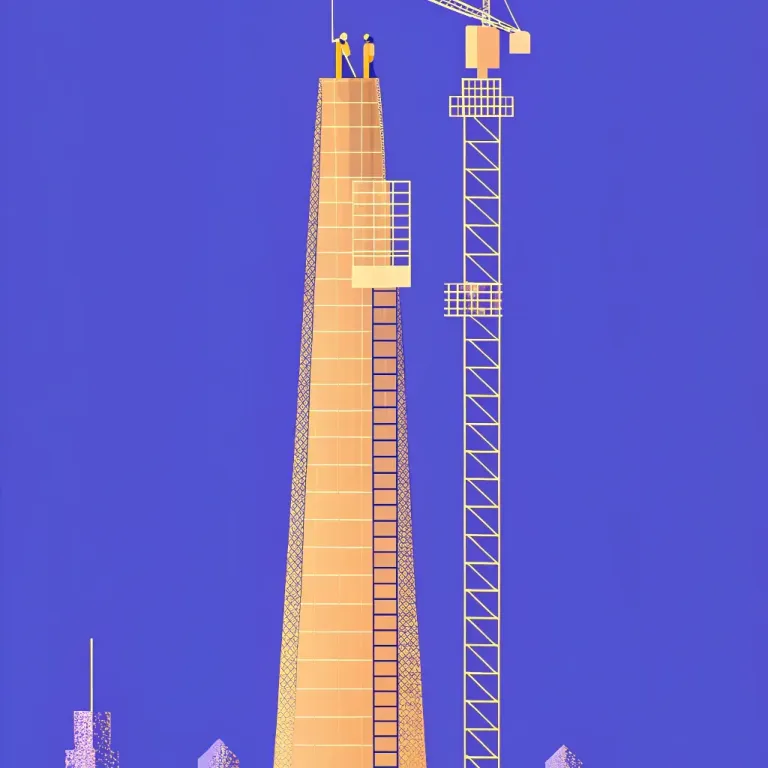
Build a Legacy: Vision + Community Wins
Podcast by Let's Talk Money with Sophia and Daniel
Lessons on Thinking Big, Chasing Dreams, and Building Community
Introduction
Part 1
Daniel: Hey everyone, welcome back! Today we've got a story about making seriously bold moves, chasing audacious dreams, and how a strong community can really shape the future. Whether you're an entrepreneur, a visionary, or just someone who loves a good underdog story, this one’s definitely for you. Sophia: Yeah, or even for anyone who's ever stared down a huge, seemingly impossible goal – you know, like… “buying a mountain” – and just thought, “No way, that’s crazy.” Well, spoiler alert: sometimes the crazy stuff actually happens. And today, we're going to take a look at how. Daniel: Exactly! We're diving into the incredible story of the Summit Series founders – Elliott, Brett, Jeff, and Jeremy. Four entrepreneurs who started with a simple shared vision: To foster genuine human connection. And they evolved it from informal get-togethers to actually owning Powder Mountain. They transformed their passion for building community into a global movement that fostered innovation and impact. Sophia: Still, let’s be clear, it wasn’t all sunshine and rainbows. It's a story of real grit, taking massive financial risks, and, let's not forget, dodging some pretty serious bullets along the way. That's where the real gold is, you know, the lessons learned in the trenches. Daniel: Right, so we're going to unpack three main ideas from their journey. First, we're going to explore how genuine relationships can be the catalyst for groundbreaking ideas. Then, we'll dig into what it really takes to chase after those impossible dreams. And finally, we'll look at how small wins, when you play them right, can build a legacy that really lasts. Sophia: You could say it's like taking a tiny spark, nurturing it into a flame, and then—instead of just making s'mores around a campfire—building this massive bonfire that lights up the whole world. Oh, and hopefully, we’ll get in some <Laughs> along the way too. Daniel: Totally. So get comfortable as we unpack a story that’s as bold and audacious as it is inspiring. Ready to jump in, Sophia? Sophia: Daniel, let's make no small plans today.
The Power of Community and Connection
Part 2
Daniel: Okay, Sophia, let's dive right in—community and connection. It's not just a warm, fuzzy feeling; it's the absolute core of how Summit began. The founders weren’t these ultra-successful business veterans; they were just four young guys with a huge vision. And, you know, what made it all click was this really strong belief that real human relationships could spark serious innovation. Sophia: Right, and when we say "real," we’re not talking about those awkward networking events, forcing smiles and handing out business cards like they’re going out of style, right? We're talking about genuine connections—those a little bit messy, a little unpolished, very human moments that make people, well, let their guard down. Daniel: Exactly! Trust was everything to them. Think about it—they kicked this off in 2007, which wasn't exactly the most stable time for new ventures. The recession was looming, money was tight, and nobody knew what next week would bring. But they had each other, and that was enough. They really leaned into their friendships and built from there. Sophia: Yeah, trust is one of those words that gets thrown around, but seeing it actually play out is different. Take Elliott, for example. He made this bold move out of a pretty traditional path into this super uncertain entrepreneurial world. You don't make decisions like that in isolation, you know? It’s tough to take huge risks without having people who genuinely believe in you. Daniel: Totally. And the fascinating part is how Elliott’s natural ability to foster real connection became the very thing that held everything together. In the beginning, there wasn’t a lot of money. They didn’t have fancy venues or big budgets. They relied on trust, truly. And that's why their first events weren’t about impressing people. They were about making a space where people could genuinely connect, like that ski trip in Utah—which could have just been a weekend away. But it became so much more. Sophia: That ski trip is such a great illustration. It's the ultimate anti-conference, isn't it? No stages, definitely no PowerPoint slides—just snow, skis, and honest, unfiltered conversations. And somehow, this becomes the launchpad for massive global movement. How does that even happen? Daniel: Well, it all goes back to their philosophy. They thought that if you strip away all the formalities—the rehearsed speeches, the surface-level interactions—you create space for something real. Think about it: a stunning mountain covered in snow, people doing activities together, like skiing, and chatting by the fire instead of sitting in boardrooms. It’s tough to keep up a perfect facade when you’re falling on the ski slopes, or just sharing stories under the stars. Sophia: Right, I love that. There is an innocence with an emphasis on authentic connection through shared experiences, especially the ones that involve some shared vulnerability. You can’t be too full of yourself when you end up in the weirdest falls down a ski run. Daniel: Exactly! And research backs this up! Natural settings that inspire something like awe can break down barriers and really encourage collaboration. Which is what that Utah trip did so brilliantly. It wasn’t just about the skiing. It was about creating an environment where people could be vulnerable and feel safe. Sophia: Vulnerability. Powerful stuff, and not exactly the first word that comes to mind when you think about entrepreneurship, which, let's face it, can feel so guarded and competitive. But here, it became an advantage, right? Daniel: Absolutely, and they emphasized it. One story that stands out is Elliott’s struggle to get people to commit to that Utah trip in the first place. He faced a lot of initial rejection—not the glamorous part of entrepreneurship we usually talk about! But instead of trying to hide those failures, he shared those struggles openly with his team and early supporters. That kind of transparency fosters trust and empathy, which are crucial for building any real community. Sophia: And that kind of openness, it creates a ripple effect too. When the leader is willing to be real about their struggles, it gives everyone else permission to do the same. Suddenly, you’re not just exchanging business cards or talking about your accomplishments—you’re building actual relationships. Daniel: You nailed it, Sophia. It's like vulnerability was the cornerstone of everything. And alongside that, you have storytelling—the kind that really connects with people on a deeper level. At those early events, especially the ski trip, the stories weren't polished business pitches. They were raw, human, and personal. It gave people a chance to see past all the titles and connect through shared experiences, like the challenges and hopes that made them who they were. That’s what transformed what could have been a group of strangers into a real community. Sophia: And that focus on connection clearly paid off. I mean, eventually they were working with the Clinton Foundation. That's a big step up. But they didn’t just abandon their roots, did they? Daniel: Not at all. That partnership was an extension of what they started on that ski trip. The charity auction they hosted wasn’t some stuffy, transactional event. They approached it with the same sense of shared purpose. It wasn’t just about raising money. It was about sparking conversation, creating partnerships, and encouraging people to really align their values with action. Sophia: And they crushed it—over $300,000 raised. Pretty impressive for something that started as a informal gathering. Daniel: That's the magic, though. By prioritizing trust and connection, they didn't just gather donations. They built something lasting. A sense of what? Community. Shared accountability to make real change. Sophia: Okay, so if we’re simplifying this, a formula is starting to appear. You’ve got trust as a foundation, vulnerability as the glue, and maybe shared stories as the bridge. Mix those together, and you’re not just networking—you’re building a movement. Daniel: Precisely. When you get it right, this kind of community isn’t just a nice extra. It's what sparks innovation. When you bring people together from different fields and backgrounds, you create opportunities where something totally new can happen. That's really what set Summit apart and made it more than just a series of annual events—it became a platform for transformation. Sophia: So maybe we can say that it all goes back to the mountain. Both literally—Powder Mountain—and figuratively. You know, that idea of climbing something big, something intimidating, together. What started as a trip transformed into this life-changing and perspective-growth spark for everybody involved.
Audacious Vision and Risk-Taking
Part 3
Daniel: So, from the importance of community, we naturally transition to the mindset needed to transform those connections into real ventures. And this is where the Summit founders “really” shine. They didn't just dream big, Sophia; they weren't afraid to act boldly, even when things looked impossible. Today, we’re exploring audacious vision and risk-taking, which builds on our earlier conversation around trust and connection. How do you take all that incredible human energy and actually turn it into something groundbreaking? Sophia: Right, Daniel, but let's be clear. Having bold ideas is one thing, but having the guts to actually “do” them? That's a whole different ball game. I mean, Powder Mountain is Exhibit A—a ski resort with a story that's larger than life itself. But these guys were sitting on what, a fraction of the funds they needed to buy it, right? Daniel: Exactly! Powder Mountain is one of those stories that really embodies “thinking beyond your current means.” Brett stumbles upon this mountain, almost by chance—a conversation on a plane!—and suddenly the idea starts snowballing. What if this place could become a permanent hub for everything that Summit stands for; collaboration, creativity, and environmental consciousness? On paper, the numbers “were” daunting—$40 million for a group that only had $1 million. But they didn't let it stop them. Sophia: Forty million dollars, Daniel. Let’s just underline that. Right? That’s not just reaching for the stars; that’s figuring out how to build your own rocket. And here's what gets me: they weren't just dealing with that insane price tag. They were going up against established real estate developers who already had the money and a "safer" vision. Daniel: Safer, yes, but also so limiting. Those developers wanted to turn Powder Mountain into another big, flashy tourist destination, with rows of identical condos. The Summit team imagined something totally different—a low-impact community where people weren’t just taking, but actively contributing to the land's preservation. And their innovative approach to financing played a huge role in making that vision a reality. Sophia: You're talking about the founding member program, right? That was pure genius. They basically said to their community, "Hey, we’ll sell you homesites... parcels of land... but only if you’re fully on board with our eco-conscious dream." And they sweetened the deal by putting the funds into escrow so buyers would see real progress before their money was actually used. That’s next-level in trust-building. Daniel: It really is remarkable. The strategy did more than just solve their funding problem, Sophia. It shifted their buyers' role from customers to collaborators, making them stewards of the project. By aligning the incentives with this broader mission, they created a shared sense of ownership. Investors weren’t just buying property; they were buying into a legacy of sustainable innovation. Sophia: But I'm trying to picture it all playing out. There must've been moments where the whole thing almost fell apart, right? I mean, how do you sell people on a dream that's barely more than scribbles on a whiteboard? Daniel: Definitely—it was far from smooth sailing. Traditional banks wouldn't touch the project, and their advisors kept telling them it was "very, very risky." But here's the beauty of their approach. Rather than backing down, they leaned further into their community. They started hosting retreats up on the mountain. Weekends where potential backers could experience the magic of the place in person. Late-night campfire talks, shared meals, and in-depth conversations about what Powder Mountain could become. It was experiential marketing at its finest, but also deeply authentic. Sophia: That's the move, right there. Get people up on that mountain, with those views and fresh air, and suddenly it clicks. It's not just real estate anymore, is it? It's part of something bigger. You’re not just selling homes; you’re selling a vision of what life “could” be. Daniel: Exactly! And that vision was infectious. By April 2013, they managed to rally enough support to finalize the deal, officially transforming Powder Mountain into their permanent home base. But the impact wasn’t just about closing the deal, Sophia. It’s what the process symbolized—that radical trust and unrelenting belief can overcome even the biggest obstacles. Sophia: And if Powder Mountain wasn't groundbreaking enough, let’s throw Summit at Sea into the mix—because these guys didn’t just want to scale mountains; they conquered the ocean too. Do you think this model is easy to replicate? Daniel: Okay, yes. Summit at Sea was another masterclass in audacity. Picture this: you’re running these innovative, land-based events that people are loving. But then you decide, "You know what? Let's shake things up. Let's host the entire experience on a cruise ship in the middle of the ocean!" No big deal, right? Sophia: Right—except that every logistical challenge imaginable probably hit them square in the face. Wi-Fi on a moving ship? Wrangling hundreds of attendees safely on board? Booking world-class speakers and artists to perform? It could've gone wrong in so many ways. Daniel: And yet, they turned every hurdle into an opportunity. Attendees faced boarding delays that could've set the wrong tone. Instead, the team improvised with pop-up performances, funny ice-breakers, and even informal Q&A sessions. It wasn’t perfect. But it helped people bond over the shared chaos—a recurring theme in all of their ventures. Sophia: And then there’s Sean Stephenson's moment at Summit at Sea. That guy, a three-foot-tall motivational speaker born with a severe bone condition, electrifies a crowd full of high-achievers. His story wasn’t just inspirational; it captured the whole spirit of the Summit ethos. Vulnerability, resilience, and finding strength in your weaknesses —he lived and breathed it. Daniel: Exactly. His speech reminded everyone on board why they were there: to connect, to break molds, and to step into their best selves. And like Powder Mountain, Summit at Sea wasn’t about creating another glossy event. It was about fostering spaces where people could be their most honest and imaginative selves. Sophia: So here’s my takeaway: the Summit team didn’t wait for everything to be perfect or for the stars to align. They embraced uncertainty, trusted their community, and stayed adaptable no matter what. That’s what allowed their bold visions—whether it was building a community on a mountain or launching a floating event—to become a reality. Daniel: Absolutely, Sophia! If their story teaches us anything, it’s that audacious vision and risk-taking aren’t about being reckless. They’re about having the courage to pursue something bigger than yourself, even when the outcome is uncertain. And when you build that kind of movement on a foundation of trust, the possibilities really are limitless.
Legacy Through Collective Impact
Part 4
Daniel: So, with that bold vision we talked about, you know, in place, the final piece is really making sure all this effort leaves a lasting legacy, something beyond just individual wins. And this is what’s really fascinating, Sophia: The Summit founders didn’t just stop at these transformative events or, you know, buying Powder Mountain. They wanted to build something that would last, a platform for enduring influence, so the impact of their work would go way beyond any single event. Sophia: Right, so it's about legacy, but not in a “put your name on a building” kind of way, you know? It's about legacy through, like, collective impact—how their actions grew into something much bigger. I like how this really ties their story together. They started with real connections, moved on to these big ventures, and now they’re asking: “What’s the big picture? What does all this mean for the world?” Daniel: Exactly! It's about taking these bold ideas and really grounding them in purpose, making sure the value they create reaches far beyond their own community. And that's where collective impact comes in – how shared values, partnerships, and a dedication to societal good can transform not just individuals, but entire systems. Sophia: So, this is like the "why" behind everything. The real reason for holding these gatherings, starting member programs, even doing crazy things like Summit at Sea, right? So, where should we start digging into this? Daniel: Let's start with a clear example: their partnerships for societal good. One story that stands out is their collaboration with the Clinton Foundation. It wasn't just about, you know, hanging out with a big name organization; it was about using their entrepreneurial network to make a real difference. A great example is that charity auction they organized. Sophia: Ah, yes, the charity auction where they raised over $300,000. Let's just pause for a second, Daniel. This could have been just another fancy fundraiser, right? Champagne, a few polite claps. What made it different, do you think? Daniel: Well, it was really intentional. First, Summit was smart to bring in someone like Elizabeth Gore, who was leading global partnerships for the UN Foundation at the time. She really connected Summit and the Clinton Foundation, making sure there was a clear purpose and strategy behind it. And they weren't just auctioning off random luxury items, either. They focused on experiences and mentorship—things that really connected with entrepreneurs. For example, people could bid on unique adventures or mentorship with really influential leaders. That’s the key. Sophia: That's smart. They're not just saying, "Here, write a check." They're saying, "Invest in something meaningful, and we'll give you the experiences to give back to the community." That feels much more meaningful. And it clearly worked. Daniel: It did. But the impact of the event went beyond the money raised. It was, like, a lightbulb moment for many attendees. They realized that their skills as entrepreneurs could actually help solve these big global challenges like healthcare and sustainability. Sophia: Aha! The ripple effect! It wasn't just a fundraiser; it was a gathering where people realized, "Oh, I can use my skills, my network, to contribute to something bigger." That's leaving a legacy. Daniel: Exactly! And that's what makes it so powerful. Summit's partnerships, like with the Clinton Foundation, weren't just for show. They were real initiatives designed to create change – whether it was funding important causes, like the climate, or supporting new business ventures for people attending the conference. Sophia: Speaking of sustainability, that’s one of the other cornerstones of the legacy, right? The whole idea of a "double bottom line," balancing profit and a mission. It really ties it together, from big partnerships to developing Powder Mountain. Daniel: Absolutely. The double bottom line redefines success—not just by money, but by the positive social and environmental effect your work creates. The partnership with Conservation International is one great example. Summit didn't just throw around, you know, buzzwords like “green.” They worked to underscore the connection between, you know, environmental health and long-term economic stability. It became part of their ethos. Sophia: Right, it wasn't just, "Let's plant trees to look good." They made sustainability part of the blueprint of projects. They hosted panels about conservation at events or encouraged, you know, businesses to adopt these practices. But Daniel, isn’t sustainability a hard sell in business? How do you convince business owners focused on growing their companies to care about climate change? Daniel: That's a great question, Sophia. Summit made the conversation accessible and doable. By connecting sustainability to long-term profits, they framed it as not just the “right thing to do” but also the smart thing to do. And their communities, like Powder Mountain, reflected this. They designed it with a low environmental footprint, keeping disruption to the land to a minimum, really focusing on preserving it. Sophia: So adding to the legacy. It shows that you can take on big projects with ethical practice and, you know, without destroying the environment. They're showing that ethical practices and bold entrepreneurship amplify each other. Daniel: Exactly, Sophia! That's a big part of their influence, proving that businesses, communities, and movements can prioritize purpose alongside profit. And speaking of amplification, let's talk about Summit's role in inspiring leadership. Sophia: Ah, the mentorship angle, another running theme. Summit wasn’t just a platform to learn; it was a space to teach, mentor, and guide. That's rare, especially in spaces that often feel more competitive than collaborative, right? Daniel: It is. And Elizabeth Gore is important here again. Her mentorship set the tone for how things were done, because her influence led to responsibility. And encouraged people to build networks that did the same. Sophia: That culture of mentorship became contagious, right? People attending summit didn't just leave thinking: "Wow, what amazing speakers!" They left asking: "How can I take what I learned here and, you know, pay it forward?" Daniel: Exactly. That sense of responsibility was key. And you see it in passion projects that grew from Summit connections. People attending collaborated on everything from environmental initiatives to inclusive business ventures—projects that extended the Summit DNA. It's less about competition and more about lifting each other up, which also ties back to the ethos of responsibility. Sophia: You know, Daniel, this feels big. We're not just talking about a group of people who held cool events. We're talking about a whole new framework for success, built on trust, shared values, and really trying to, you know, leave the world better. Daniel: That's the heart of the legacy, Sophia. Summit didn't just aim to succeed; they aimed to inspire others to carry the torch. The gatherings weren't the end; they were the starting lines spreading globally across industries. And that's what makes its compelling.
Conclusion
Part 5
Daniel: Okay, so, bringing it all together, we've explored Summit’s story—it's really a journey powered by genuine connections, a pretty audacious vision, and a real dedication to creating lasting change. Think about it: from a casual ski trip, to owning Powder Mountain, to putting on these transformative events, and creating partnerships that span so many industries. They've really shown us how trust, a clear purpose, and taking bold steps can totally redefine what we think is possible. Sophia: Exactly. And honestly, if one thing really jumps out, it’s that they didn’t just fixate on these huge dreams, right? They actually turned them into real, collaborative results. Whether it was bringing attendees in as stakeholders or partnering with global organizations to drive actual change, every single thing they did was based on shared values. I guess that's what made it all work, right? Daniel: Exactly, Sophia. Summit’s journey really challenges all of us to dream bigger, doesn't it? What connections can we actually strengthen? What risks are we willing to take? And, most importantly, how can we make sure our passions line up with a larger purpose? Sophia: Right, it’s not just about brainstorming plans—it’s about making them meaningful, you know? So, maybe the real question here is: What's your Powder Mountain? Are you ready to actually bet on your own vision and transform it into something that creates a lasting impact? Daniel: That's really the question we want to leave you with today. Dream boldly, trust deeply, and act decisively. After all, when you combine vision with community, there's really no ambition that's too grand.


